Five young women talk about growing up in a very multicultural society yet feeling they don’t belong there nor in the country their parents came from. One of them directs a film in which they share intimate details of their feelings. The film becomes part of their process of adaptation to new identities.
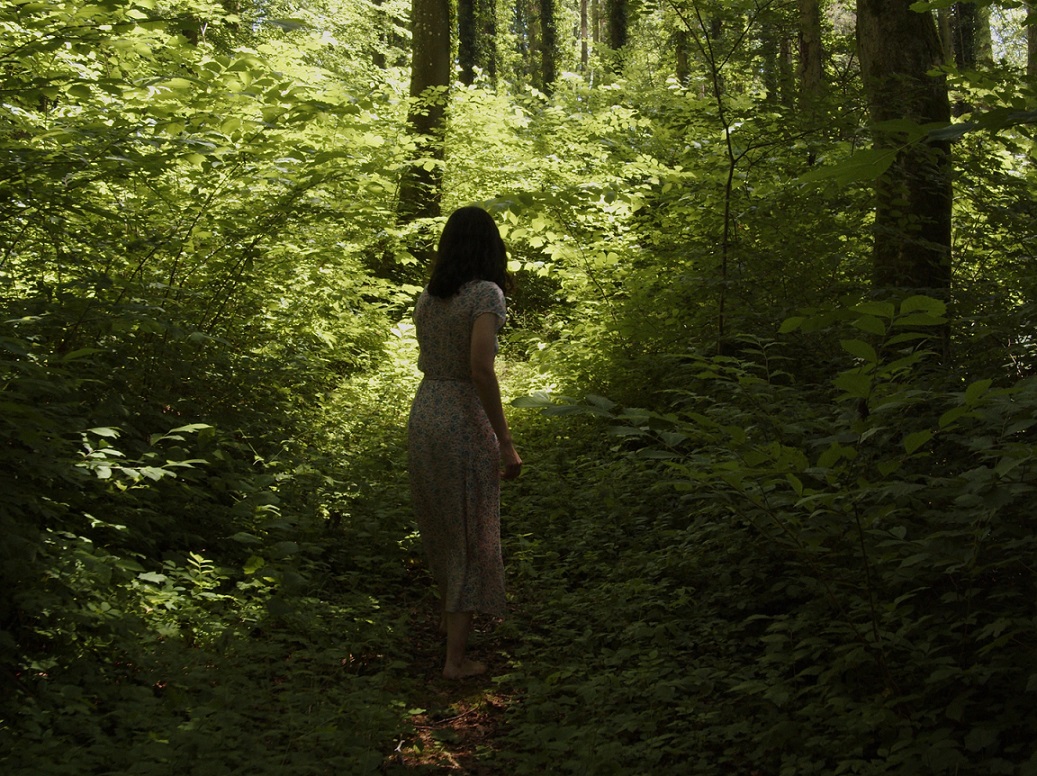 Graham Douglas
Graham Douglas
Melanie Pereira was born in Luxembourg to Portuguese immigrant parents. Luxembourg is both very rich and a very multicultural society, where migrants make up 47% of the population of 660,000 rising to 70% in Luxembourg City, 160 nationalities. Portuguese immigrants are the largest minority 14.8%, and Portuguese speakers from Brazil and Cape Verde make up 1.7%.
In the Luxembourg myth of Melusina and Siegfried, Melusina periodically turns into a mermaid in secret, and Melanie uses this image in the title of her film to suggest the fragmented sense of self that she and four of her friends feel. Born there or arriving a few months old, they all have immigrant parents, so they feel that they are at the same time ‘immigrants without being one yet also a Luxembourger without being one’. The myth probably originated in Iraq and travelled across many countries, so Melusina is a symbol of women migrants.
Melanie was at school with two of the Melusinas and met the others in 2018 when she was starting to think about the film.
“It was beautiful for me to know that they are growing and that their work with me had an impact on them personally.”
I spoke to her for The Prisma after her film “As melusinas a margen do Rio” (The sirens of the river) was shown at DocLisboa recently.
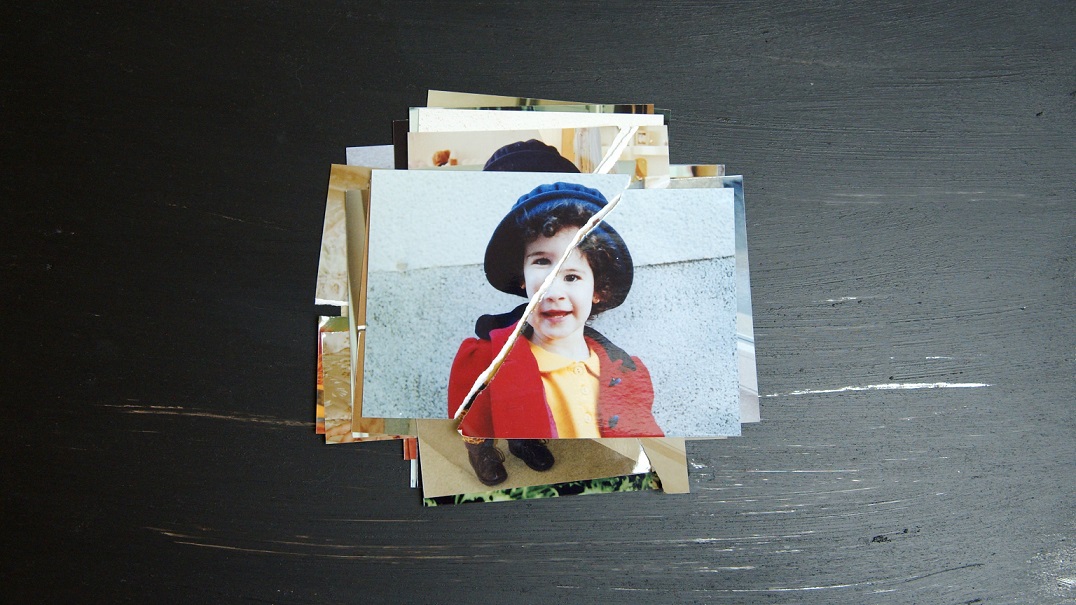 Why did you want to make the film?
Why did you want to make the film?
In 2018 I graduated from film school with a film I made called “To my parents”, about their experience of migration. The film was a school project, but it resonated for a lot of people, won a prize at DocLisboa and was shown at other festivals. It pushed me to look at my own experiences as a child of immigrants too. At that time, I had been in Portugal for three years and I was feeling a lot of anger towards Luxembourg, but I didn’t understand why because I’d had such a privileged life educationally and learning several languages, in comparison to the life I would have had in Portugal. I also wanted to understand why I came back to my parents’ country, when my friends all returned to Luxembourg after studying abroad and they weren’t angry, despite suffering prejudice and xenophobia as I had done, and as our parents had suffered – in silence.
I wanted to make a film with women my age, and I did a 10-minute film called “Descriptive memory” in 2020 about the memories of the construction of my parents’ dream house in Portugal. Then another short, called “Places of absence” about the desires and difficulties of migrants wanting to return.
Portugal has a big history of emigration, illegally during Salazar’s dictatorship especially in the ‘60s, which continued legally in the ‘70s and ’80s, then later when the Troika imposed austerity. Portugal is in constant crisis.
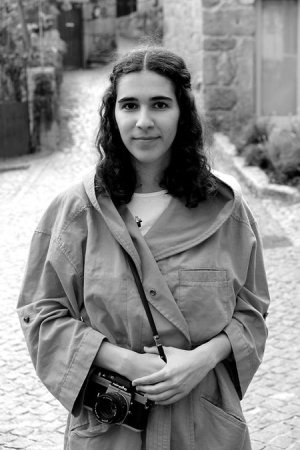
You said their houses can be dated by the architecture
In the ‘90s the typical emigrants house was on a single floor with black tiles brought back from France, which is very rare in Portugal, and the windows don’t slide they open outwards. A large percentage of the houses in our village with black tiles and are from people who mostly returned from France. They were strongly disapproved of then but are now in fashion. People who migrated in the ‘80s wanted very large houses with three floors.
You felt guilt, because filmmaking is an unstable profession without a guaranteed income?
Yes, and it was because my parents had left a country that could not provide the stability and income which they needed to provide a future for me and my brother. When I went back to Portugal in 2015, I discovered lots of ‘home movies’ about their earlier life. I made the film, for them, to explore their process of migration, our life in Luxembourg and how Portugal was always a big presence. And I felt guilt being their daughter born in Luxembourg, coming to Portugal, leaving them in Luxembourg. They thought I could be a language teacher, but it didn’t appeal to me, and I didn’t feel at home in Luxembourg. In Portugal, cultural work is so unstable that I need to do 3 or 4 jobs a month to survive and make films, so I felt I was betraying their sacrifice. Making the Melusinas was a way to express that, and when I was making the film, the team stayed at my parents’ house, so it was the first time they really understood what I was doing. Working 16 hours a day in 5-day bursts on a film that takes 5 years to make is something you only do if it is important. During the pandemic a lot of my friends in Portugal who were artists really struggled to eat.
You were directing friends in making the film. How did that affect your relationships, and what did they want from the film?
This was the first time I made a film with a team and directing other people, and because the material is so intimate it was a very emotional process for me. There were several different Melanies making the film, the one on stage, the researcher, the producer, the editor and I gradually came to accept these different aspects of myself.
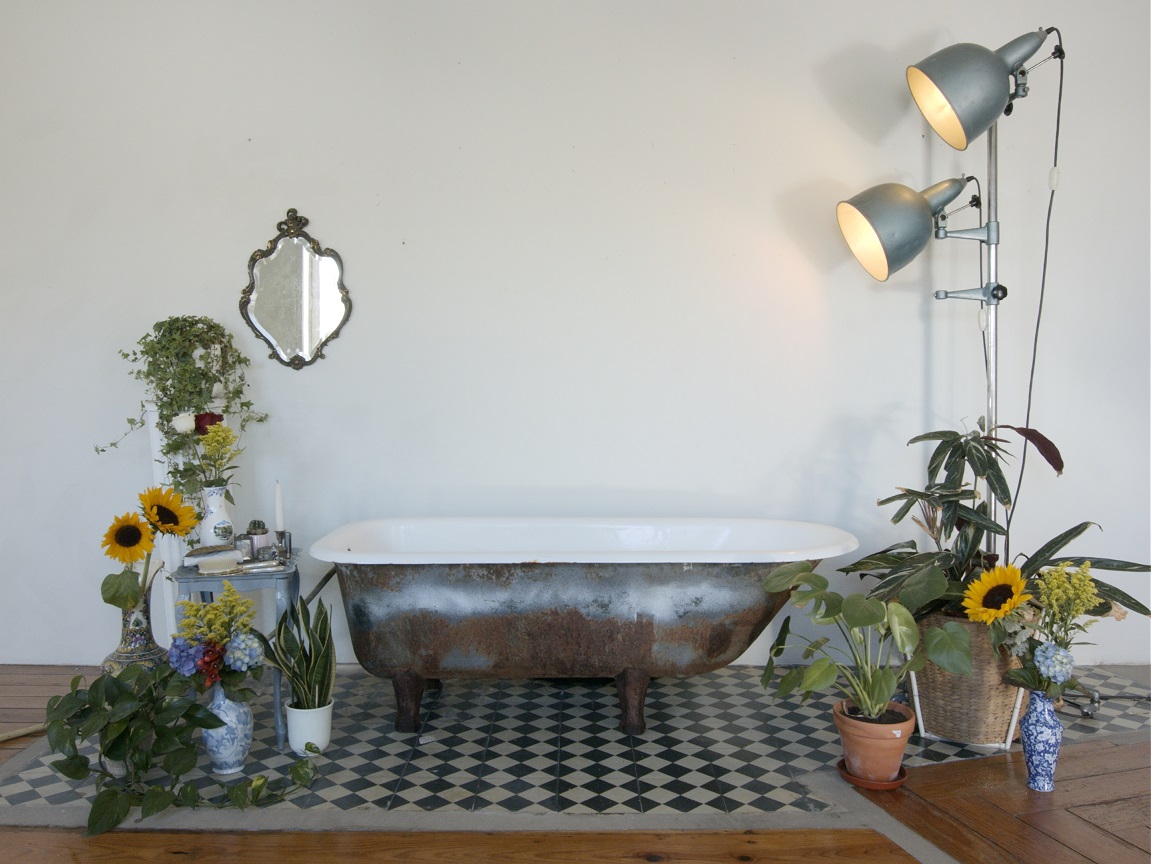 The team were able to give me feedback and they felt happy so that was a help, and we had quiet locations for the interviews in which we discuss personal traumas. I was very angry with Luxembourg at the time, and the others were worried that it was going to be a vengeance film, because Luxembourg is a small place and news travels fast.
The team were able to give me feedback and they felt happy so that was a help, and we had quiet locations for the interviews in which we discuss personal traumas. I was very angry with Luxembourg at the time, and the others were worried that it was going to be a vengeance film, because Luxembourg is a small place and news travels fast.
I was also feeling a bit slapped in the face because I hadn’t been living there for several years and things had changed and they had adapted, but I hadn’t. We were all five years older, and they had returned from study abroad feeling more at ease with their identities. I’d been back to Portugal where I was seen as the privileged daughter of immigrants from a rich country, and in Luxembourg I was also the daughter of immigrants, but now only a visitor, so where do I belong?
Talking to them I understood a lot of things, it was very intense.
The director is in a powerful position. What was that like?
Yes, and it surprised them to see me as a professional and that was very positive too. They knew I would never take their work lightly; it was about creating a trust with the whole team. We discussed questions I wanted to ask, so they didn’t feel pressured. It was difficult to edit 7 hours of film where a lot of personal things were shared, down to 90 minutes in a way that still allowed them to feel comfortable. It was an immense privilege and a beautiful thing to feel that they were trusting me when sometimes I was feeling uncertain myself.
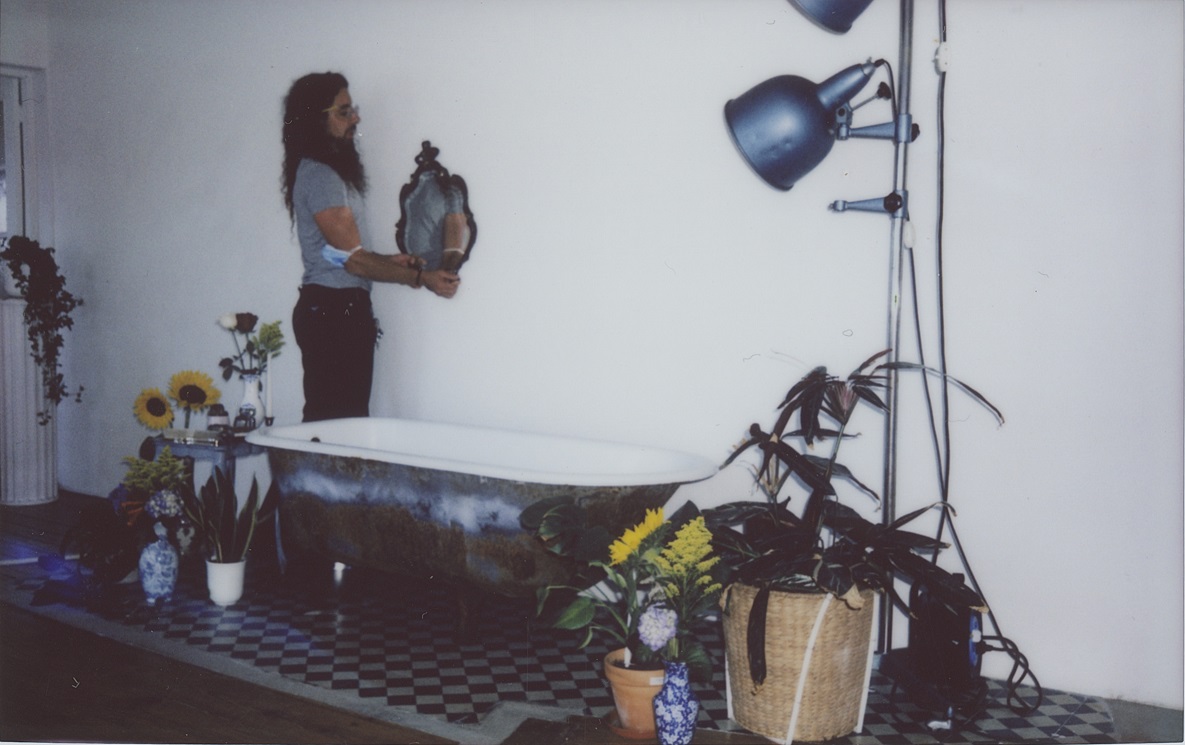 What about funding?
What about funding?
I had responsibility for a budget that was small for a feature film, so I knew we had to make a good film because the team were not getting well paid.
We applied to the Luxembourg Film Fund and three days before the result was due, they wanted to know all the schools I had attended, and I knew that because of the low prestige of the school I had been to, that we wouldn’t get any money. The Portuguese money was only just enough and with money from Luxembourg we could have been paid properly for our work. They said it was ‘too political’, so even in 2021 when 47% of their population are immigrants, they still didn’t want to approach the issue. Less than a third of foreign residents had the right to vote in municipal elections until this year when that number was doubled by a new law, but foreigners are still not allowed to vote in national elections.
(Photos supplied by the interviewee, and with permission from Red Desert Films for publication.)












.jpg)












